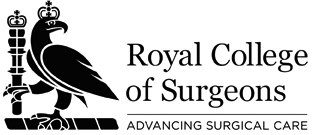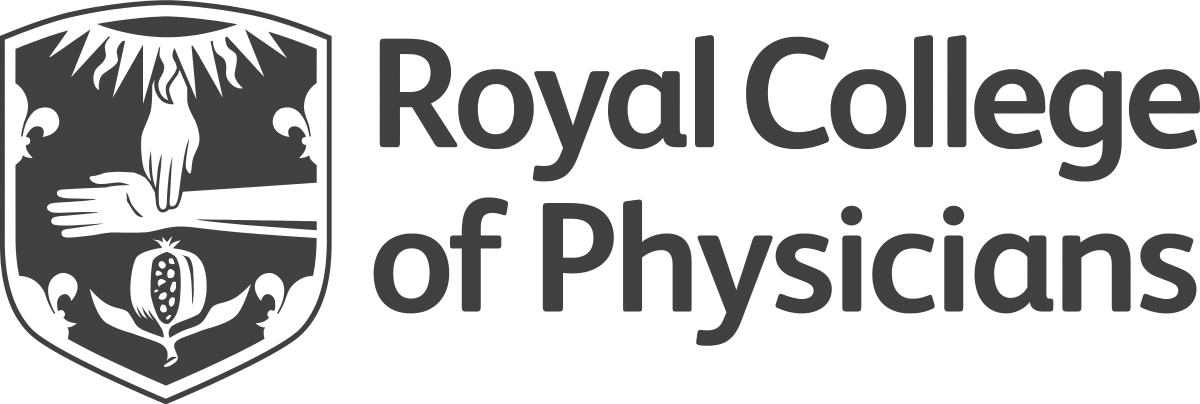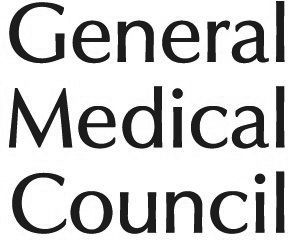Mr Alastair Windsor, Consultant Colorectal Surgeon
Mr Alastair Windsor
Consultant Colorectal Surgeon
Mr Alastair Windsor MBBS MD FRCS(Lon, Ed, Glas)
Consultant Colorectal Surgeon
Mr Alastair Windsor
Consultant Colorectal Surgeon MBBS MD FRCS(Lon, Ed, Glas)

Areas of expertise
- Abdominal wall hernia
- Colorectal cancer
- Inflammatory bowel disease (IBD)
- Bowel cancer
- Proctology (haemorrhoids, fissure etc)


Recommendations for Mr Windsor
These recommendations are for information purposes only. Doctors providing recommendations do so in good faith and are not responsible for clinical outcomes.












Recommended by:
Make an appointment
Address
-
The Princess Grace Hospital
42-52 Nottingham Place, London, W1U 5NY
-
London Digestive Centre
41 Welbeck Street, London, W1G 8DU
-
London Digestive Surgery
41 Welbeck Street, London, W1G 8DU
-
Telephone or video consultation
Virtual
About Mr Alastair Windsor
With an international repute and rich expertise in treating intestinal failure, Mr Alastair Windsor currently practises as an NHS Consultant Surgeon at University College Hospital London and serves as an Honorary Senior Lecturer at the University College London. His primary focus is on the management of abdominal catastrophe, including the management of enterocutaneous fistula, complex inflammatory bowel diseases and abdominal wall hernias. His areas of interest and clinical activity also extend to colorectal surgery, including minimal access surgery, endoscopy, colorectal cancer and proctology.
Having trained at St Mary’s Hospital in London, Mr Windsor pursued three years of research at the Medical College of Virginia, USA, before returning as Lecturer and then Senior Lecturer and Honorary Consultant Surgeon in the Academic Surgical Unit at St James' University Hospital, Leeds.
As a founder member of Surgical European Crohn’s and Colitis Organization and as a committee member of the inflammatory bowel disease (IBD) section of British Society of Gastroenterology, Mr Windsor has contributed prolifically towards European and UK guidelines on the management of IBD. With more than 120 publications and book chapters to his credit, he remains a committed surgical trainer and educator. His research interests include Crohn’s disease, abdominal wall hernias and pre-op optimisation. He has also been practising privately for more than a decade now at The London Clinic.
Areas of expertise
- Abdominal wall hernia
- Anal cancer
- Anal fissure
- Anal fistula
- Bleeding from the bottom
- Bowel cancer
- Bowel obstruction
- Bowel surgery (colectomy)
- Colitis (ulcerative colitis)
- Colon cancer
- Colorectal cancer
- Colorectal surgery
- Crohn's disease
- Diverticulitis
- Faecal incontinence
- Haemorrhoids
- Hernia
- Incontinence and constipation
- Inflammatory bowel disease (IBD)
- Itching or soreness around the bottom
- Laparoscopy
- Minimal access surgery
- Proctology (haemorrhoids, fissure etc)
- Prolapse
- Rectal cancer
- Removal of rectum and colon (proctocolectomy)
- Stomach pain
Frequently asked questions
What are the common symptoms that your patients tend to present with?
I would put them in a couple of groups. First and foremost would be gastrointestinal symptoms like pain, rectal bleeding and change in bowel habits, among others.
There would then be a group of patients who come specifically because of hernias. They would be presenting with a lump in the abdomen or a swelling in the abdomen. Sometimes following the previous surgery and sometimes in isolation.
Another big group of patients are the worried-well. We see a lot of patients who have rather vague symptoms, but a family history of bowel cancer or a family history of other cancer or a friend who suffer from cancer and they're coming really for reassurance and a checkup rather than with any specific symptoms. Those are the sorts of main areas where I'll get referrals.
What are the treatments that you're able to offer your patients?
They are grouped into three. There is office-based things that we can offer for minor ailments. We can offer medical treatment for problems and offer lotions and potions for perianal problems.
Then there is minor surgery. Things like treating hemorrhoids, treating fissures, treating hernias. They would all be daycare surgical procedures. Finally, there's the treatment that we offer for inflammatory bowel disease, for colon cancer, for big hernias. They'll be in-hospital surgical treatment of those conditions, like removing bits of bowel and repairing hernias which require patient stay.
Those are the three big groups I would classify the treatments we offer.
What are your areas of sub-specialist interest?
Broadly speaking, gastrointestinal issues such as inflammatory bowel disease (Crohn's disease and colitis), diverticular disease, colon cancer, among others. Those would be the big abdominal ones that I deal with.
Then there is the proctology side, which would be things like haemorrhoids, fissures and fistula, incontinence, prolapse, and those are all pelvic floor and perianal issues.
I have a big interest in abdominal wall hernias and we have a huge practice in the management of complex abdominal wall problems, mostly big hernias, but also enterocutaneous fistulas (ECF) and complex situations that are often coming from complex inflammatory bowel disease. We use a lot of the new techniques and component separation. We treat a lot of these patients in a joint treatment with the plastic surgeons. Then, rather esoterically, I also get involved in endometriosis. I have a big, combined practice for complex endometriosis in young women with Mr Alfred Cutner at King Edward VII's Hospital, and we do lots of complex surgery on that subgroup as well.
Finally, irritable bowel syndrome. All of the very common minor ailments of abdominal irritable bowel syndrome and the treatments thereof.
Professional memberships



Articles by Mr Alastair Windsor
Magnetic resonance enterography compared with ultrasonography in newly diagnosed and relapsing Crohn's disease patients
Impact of surgihoney reactive oxygen on surgical site infection (SSI) after complex abdominal wall reconstruction (AWR) of grade 3 and 4 ventral hernias
Adipose tissue imaging as nutritional predictors in patients undergoing enterocutaneous fistula repair
The emerging role of sarcopenia as a prognostic indicator in patients undergoing abdominal wall hernia repairs
International classification of abdominal wall planes (ICAP) to describe mesh insertion for ventral hernia repair






























_1645622799503.png)
_1645622860622.png)
_1645622944948.png)
_1645623009937.png)
_1645623100059.png)
_1645623166816.png)
_1645623264115.png)
_1645623318008.png)
_1645623374535.png)
_1645623564320.png)
_1645623639379.png)
_1645623958101.png)
_1645624946232.png)
_1645625035509.png)
_1645625112065.png)


